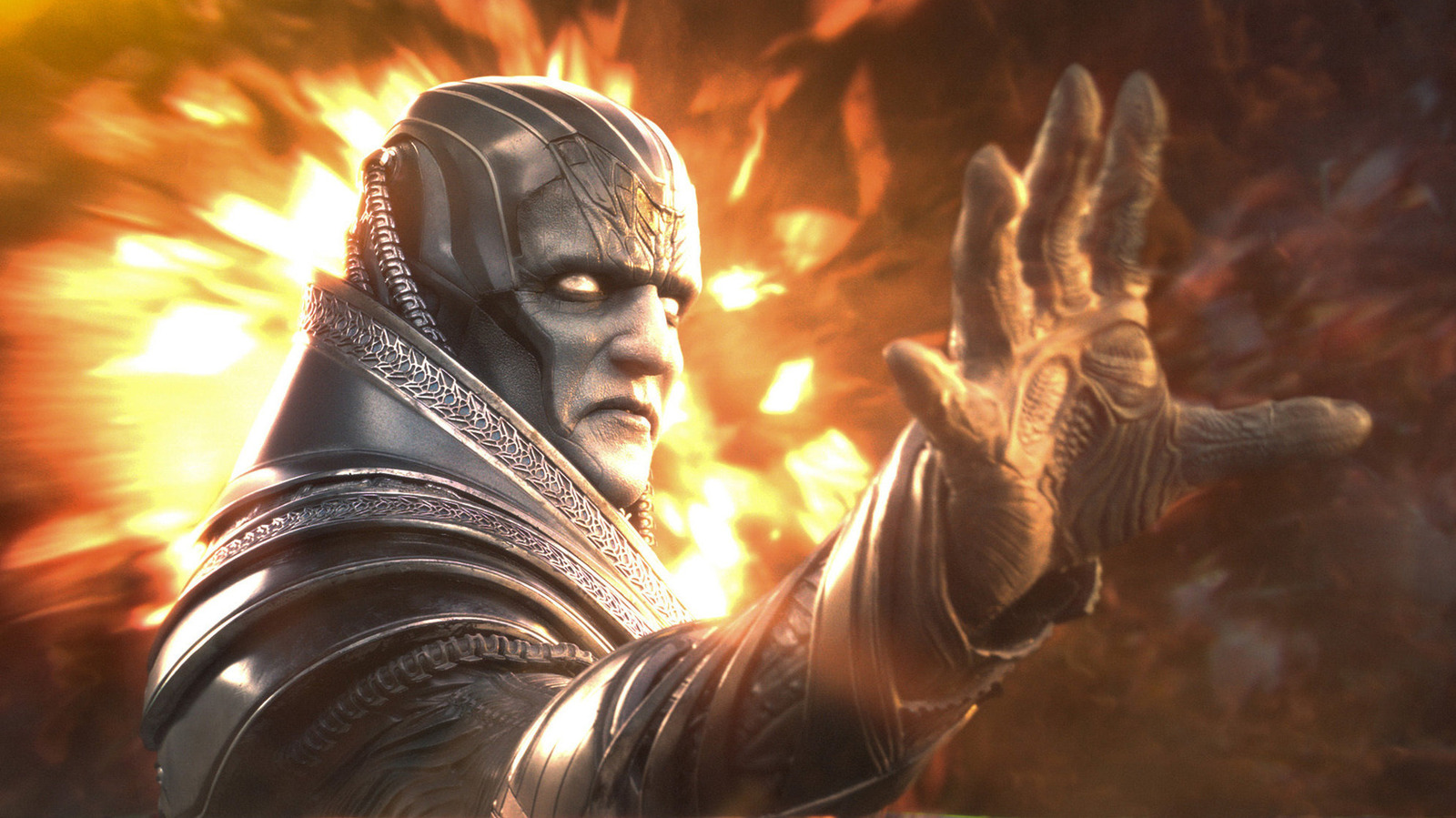Some context for those who don’t keep up on comics: Hickman relaunched the entire X-Men status quo. Led by Xavier, Magneto, and silent partner Moira MacTaggert, the mutants of the world settle on the living island of Krakoa, creating a mutant homeland, culture, and industry. Hickman wrote the mainline “X-Men” title and “New Mutants,” while other writers/artists wrote other series, all exploring the nooks and crannies of this new world.
With the nationalist ethos of Krakoa as a land for all mutants, the most identifiable X-Men make a controversial move: they pardon all mutant villains and give them Krakoan citizenship. Apocalypse is seated on the nation’s 12-mutant ruling body, the Quiet Council. On “Cerebro,” Goldsmith compared this to the modern Irish government, comprised of both the IRA and unionists they once fought.
Hickman noted he went this route to underline that Krakoa was not an unambiguous good; if Apocalypse is proud of what the X-Men are doing, shouldn’t that give readers pause? At the same time, the Krakoa-era “X-Men” books approached him as more than a villain to be overcome.
Hickman explained that he considers Apocalypse’s philosophy of evolution by force to be “the third option” for a mutant future between Professor X (who represents Liberal integrationism) and Magneto (or militant separatism). He also has the lessons of history to back it up. What’s monstrous to us isn’t to Apocalypse because he doesn’t conceive of time or collective good in the same way we do with our fragile lives. “When you’ve seen republics fall, your idea of society is radically different than people living in the now,” Hickman argued.
